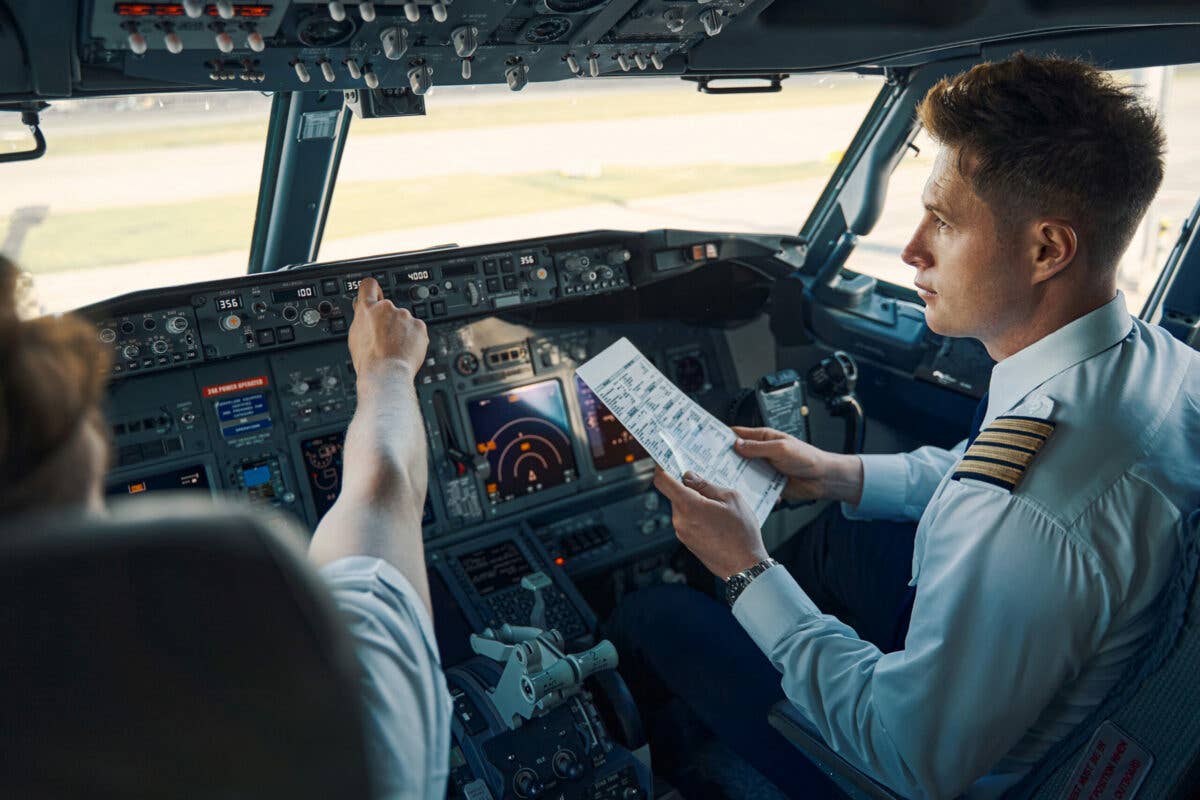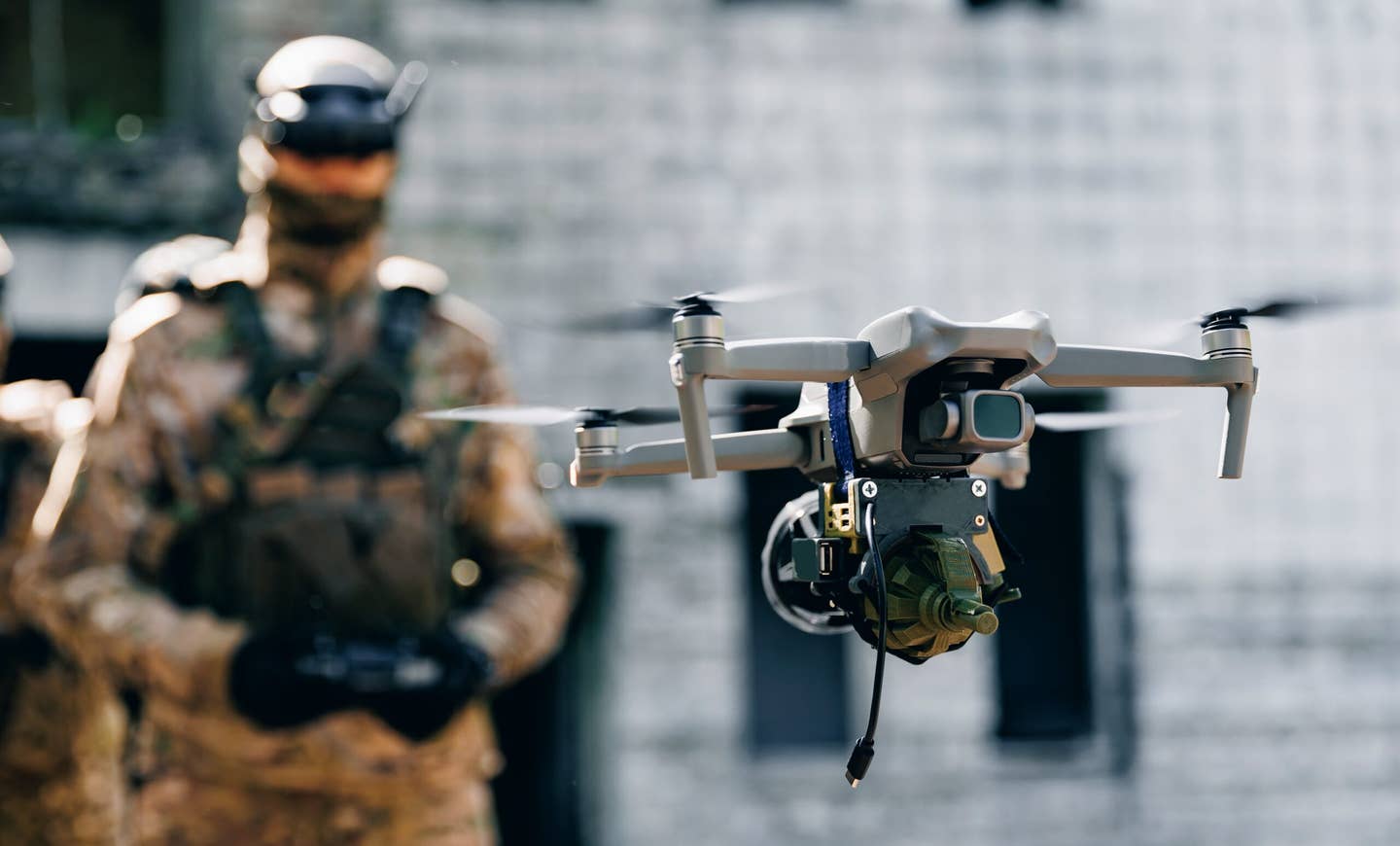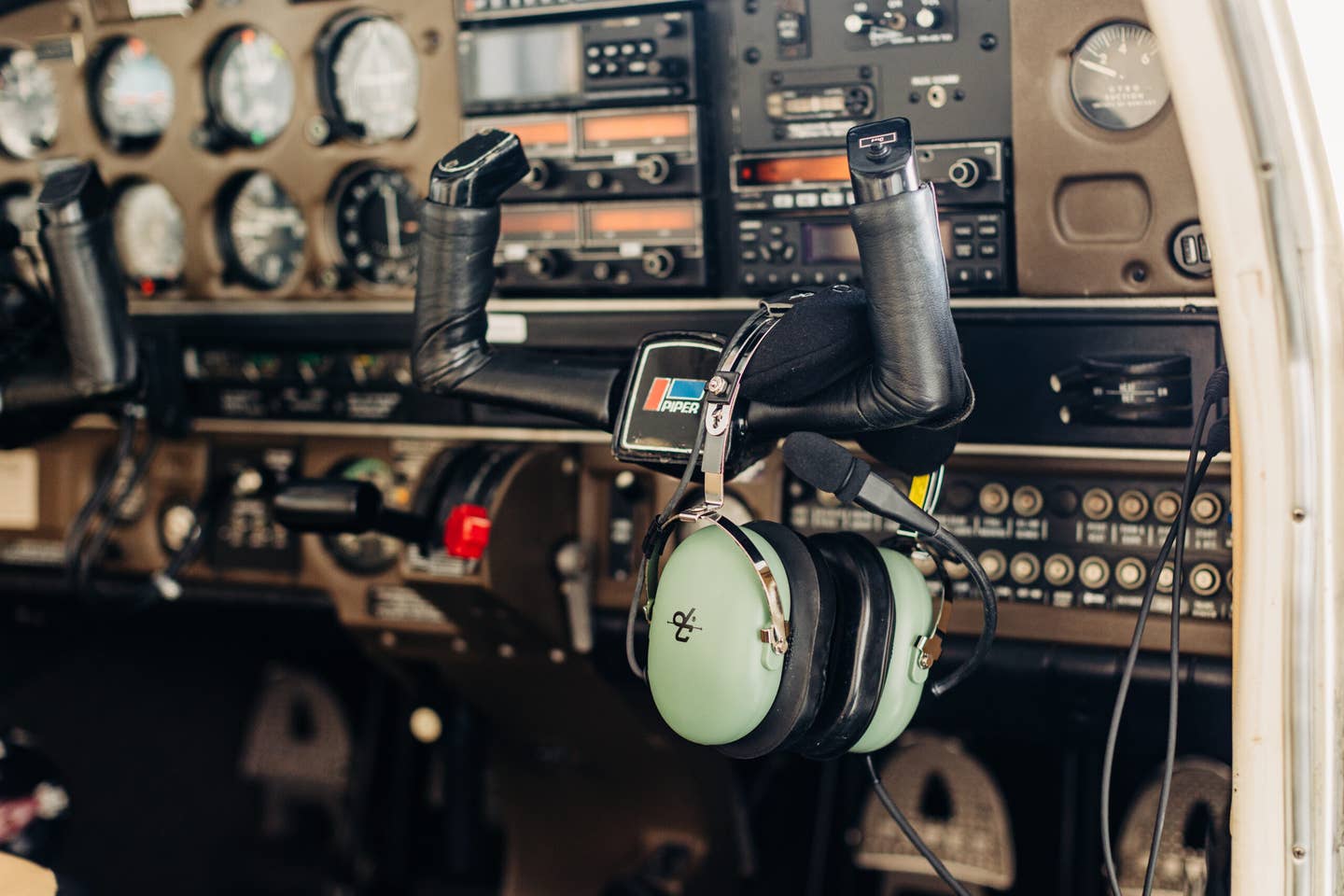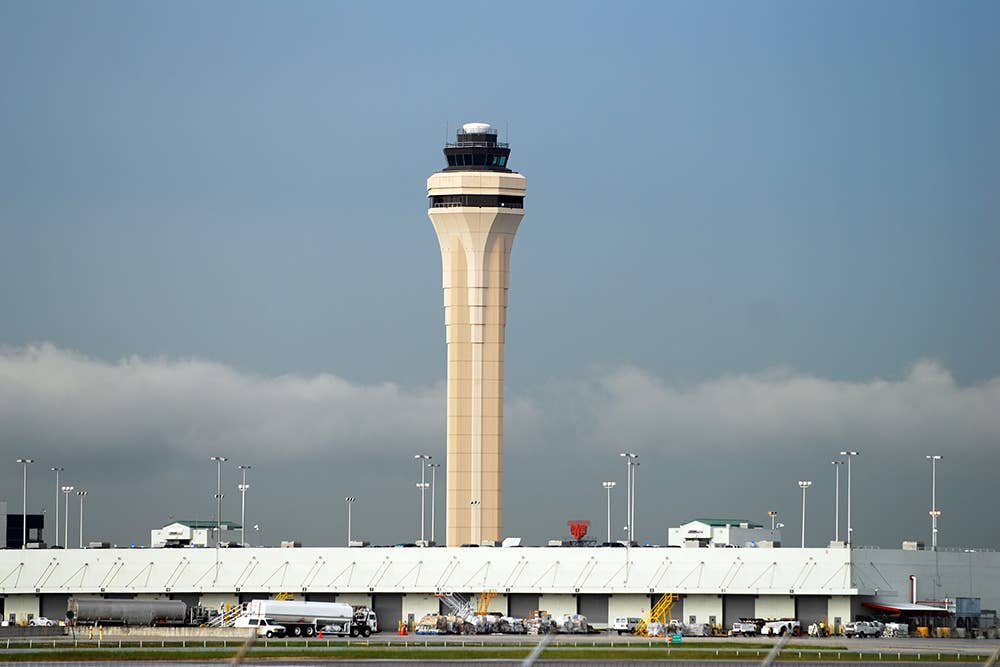
Aviation educator John King Courtesy John King
John King confirmed to Flying a personal issue that has been rumored for many months: the FAA has denied the well-known aviation educator's medical certificate, leaving him unable to act as co-captain aboard the Dassault Falcon 10 he and his wife, Martha, fly. John King is, of course, half of the legendary John and Martha King duo who founded the King Schools, known for online and video education courses responsible for thousands of pilots successfully navigating the FAA's pilot knowledge exams (the couple also write a regular column for Flying).
King was officially denied his third-class medical certificate in November 2015, based on a seizure he’d experienced while on a family trip to Indiana earlier the previous year. He said a trip to the hospital following the seizure episode in early 2014 led doctors, as well as both him and his wife, to believe there was no cause for alarm, so he continued to fly. At his regular aviation medical exam later that year, the FAA cited safety of the public, as well as of the airman himself, for the denial.
Since John was turned down for his medical 18 months ago, the Kings have engaged a number of aeromedical professionals and attorneys, spending tens of thousands of dollars along the way, attempting to convince the FAA that he is healthy enough to warrant reissuing his medical. King told Flying the agency has denied every appeal route they've tried. The Kings plan to appeal the FAA decision this summer before an administrative law judge at the National Transportation Safety Board. An FAA spokesperson said that last year, some 94 percent of pilots denied a medical certificate never bothered to attempt to have it reinstated, adding that most cases appealed to the NTSB uphold the FAA's decision.
The elephant in the room on King's case, as well as others in which the agency denies a pilot the right to fly, is whether they do indeed pose a safety risk to the public and themselves, not to mention that the burden to persuade the agency to alter its findings falls on the pilot. According to two aeromedical physicians Flying spoke to recently who are familiar with this kind of case, despite nearly two and a half years without a single recurrence, as well as numerous neurological tests, some from experts at the Mayo Clinic, that appear to confirm a clean bill of health for King, the FAA has steadfastly continued to deny reissuing his medical certificate.
One neurologist explained the importance of understanding the details of King’s episode. A seizure is symptomatic of something else happening inside the body, the physician said, and seizures are more common than most people realize. They can appear almost out of nowhere, referred to as unprovoked, or could be provoked by the body’s interaction with medications or some external stimulus. The neurologist added that, “Sometimes you can run every test known to man and find no reason of any kind for the episode.”
Medical research shows that two of three pilots who experienced a seizure will never experience another when monitored over a four-year period. In the case of an unprovoked seizure, the FAA said it will reconsider an airman's application for a fresh medical after four years, whereas if a cause can be pinned down, it might reconsider in as little as two years. The neurologist Flying interviewed also presented details of three professional pilots who had experienced seizures more dramatic than King's that actually occurred in the cockpits of large transport aircraft. All three eventually earned back their first-class medical certificates, although the FAA said each and every seizure case is evaluated separately.
In King’s case, again despite a clean health record since the 2014 event, the FAA panel of experts split, some believing John’s being ill enough the night before the seizure to maintain a fever, having taken acceptable medication for a prior back problem, being sleep-deprived and drinking too much coffee should be enough to call his a provoked seizure. Other FAA expert physicians disagreed, hence the agency’s continued denial, although the agency does agree to the possibility of King reapplying at the four-year point following his lone seizure, meaning around early 2018. Regardless of whether the application is resubmitted at the two- or four-year point, the agency does not guarantee reissuance.
King’s struggle to win back his medical is not the first time a well-known aviator has experienced a door being unceremoniously slammed shut on his flying. In 1992, famed airshow performer Bob Hoover’s medical was revoked over public safety concerns that were difficult to clarify, yet he spent three years on the ground before convincing the agency the public would not be put at risk if he were allowed to return to the airshow routines he’d been flying for decades.
In addition to the loss of flying privileges and the time and money spent trying to convince the FAA to alter its findings, King said he believes the agency’s harsh, bureaucratic response to him and other airmen like him is doing irreparable harm to the agency and the industry as a whole. He said that every positive test result, every supportive consultant report submitted on his behalf, including some recently that say he is no more likely to have another seizure than a member of the general public, have met only with no from the agency in a form letter, often after many months of waiting for a reply.
“It’s pretty clear the FAA has no problem continually asking for the most expensive and burdensome tests,” King added. “It’s always safe to say no, not to mention easier.”
Of course, not all pilots denied a medical certificate have the resources to continue pursuing reissuance as do the Kings. Like Hoover before him, King confirmed stories circulating the industry of the FAA’s hamster wheel of asking denied applicants for additional tests only to refuse them again before asking for something completely different.
Is John King a safety hazard or simply an airman snared in an endless loop of an agency strategy that believes difficult decisions are best answered with a simple no? King said he’s offered the FAA a few potential solutions that would also allow him to fly. One focuses on a special issuance medical that would permit him to fly, but only while accompanied in the cockpit of the Falcon with Martha, who also happens to be a CFI, or perhaps issuing him a second-in-command type rating restriction. The United Kingdom has issued such waivers to pilots under its control. The FAA has issued very specific waivers to pilots based on cardiac concerns, but never on neurological ones. So far, the FAA has been silent on any of these proposed solutions.

Sign-up for newsletters & special offers!
Get the latest FLYING stories & special offers delivered directly to your inbox






